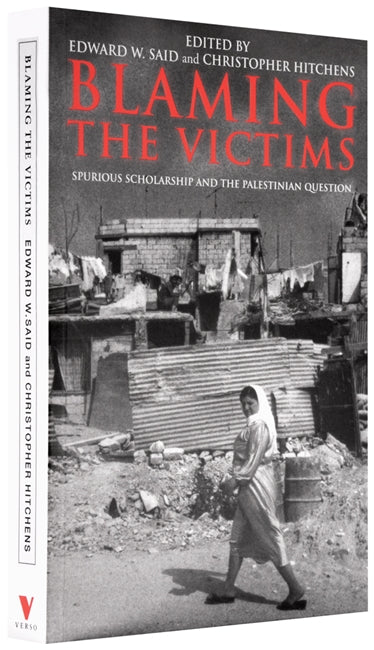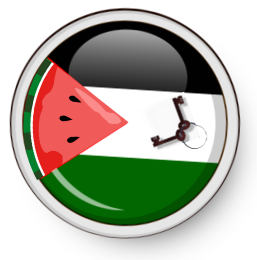
As you read the following, consider this quote from Said (2001): “It is by no means an exaggeration to say that the establishment of Israel as a state in 1948 occurred partly because the Zionists acquired control of most of the territory of Palestine, and partly because they had already won the political battle for Palestine in the international world in which ideas, representations, rhetoric, and images were at issue.” (emphasis added)
As you read, think about this question: What is the role of media in the colonization process and in resisting colonialism?
King, G. (2021). Palestine: Resilient Media Practices for National Liberation. In Richter, C., and Kozman, C., (eds.) Arab Media Systems (pp. 37-54). Open Book Publishers. https://doi.org/10.11647/OBP.0238.03
Said, E. (2001). Introduction. In E. Said and C. Hitchens (eds.), Blaming the victims: spurious scholarship and the Palestinian question (pp. 1 – 19). Verso. https://refugeeacademy.org/upload/library/Blaming_the_Victims_Spurious_Scholarship_and_the_Palestinian.pdf
- See: This is Jerusalem (Story of the Palestine Broadcasting Service with EN subtitles) / هنا القدس (95m52s). Retrieved from: http://www.medmem.eu/ar/notice/PBC00256
- Stanton, A. (2012). Jerusalem Calling: The Birth of the Palestine Broadcasting Service. Jerusalem Quarterly, 50(1). Retrieved from https://www.palestine-studies.org/en/node/78483
